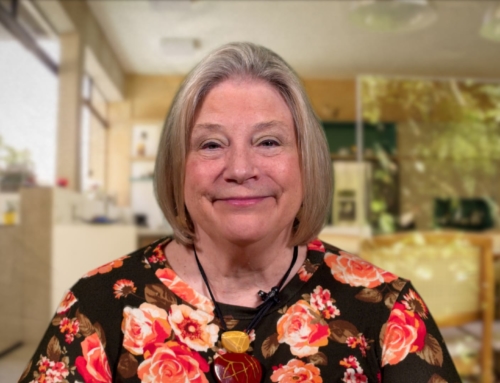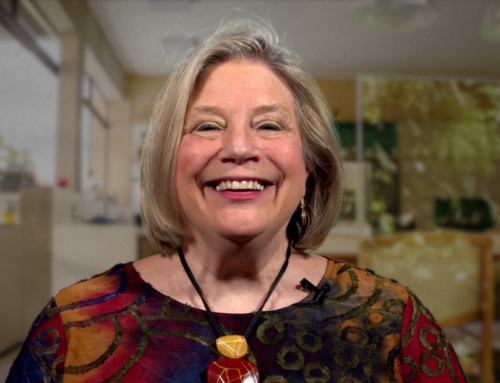Resilience can reduce suffering, provide meaning, and make sense of tragedy. In short, resilience can give you strength in the face of adversity and loss.
What Is Resilience?
To define resilience simply, we might use synonyms such as “toughness” or “adaptability” to clarify the meaning. For people who have suffered tragedy, trauma, or particularly emotional events strung together in agonizingly short periods of time, resilience might mean survival.
Many of us know (or maybe are) people who have seemed to receive an unfair hand – the loss of a loved one, followed by job loss, only to be punctuated with health concerns. How is that even when we reach our lowest, we still have the ability to rise up to conquer another day? One must only look at TED Talks to discover many examples of resilience among members of our communities.
What Makes Some People More Resilient?
What makes some people seem to be more adaptable and bendable than others? According to one study, it comes down to mastery and social influence.
Mastery – the feeling that you have control over your own life and circumstances
Social influence – having a support system during traumatic, tragic, and terrible situations
When interviewing sufferers of trauma and loss, the ability to “see the meaning” in certain events can define the level of resilience that a person embodies.
How Do We Develop Resilience?
A vast quantity of research shows that resilience develops based on the caregiver/child relationship during development; therefore, it is part of the attachment system. Poor attachment development as a child and unstable social communities can undermine the individual from developing resilience.
Like all aspects of secure attachment, we can develop resilience.
- Work toward a positive self-view.
- See problems as solvable or at least manageable.
- Maintain a hopeful outlook.
- Develop action items.
- Take action to nurture empowerment.
- Look for meaning and opportunities for self-discovery.
- Embrace and expect change.
- Enlist a support system.
Some traumas, like grief over the loss of a loved one, might be put in perspective through the celebration of lessons learned and moments enjoyed by you and your loved one. Including those who have passed into our rituals and celebrations can keep their memory alive and active.
Practicing Resilience
Like everything new, learning resilience is a practice. If you feel overwhelmed by the process, you can easily seek like-minded individuals (a support system) to walk your journey with you.







